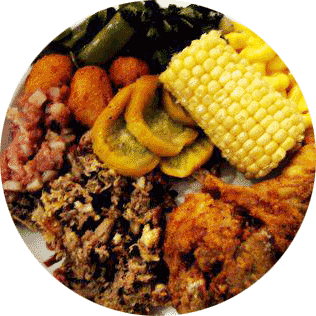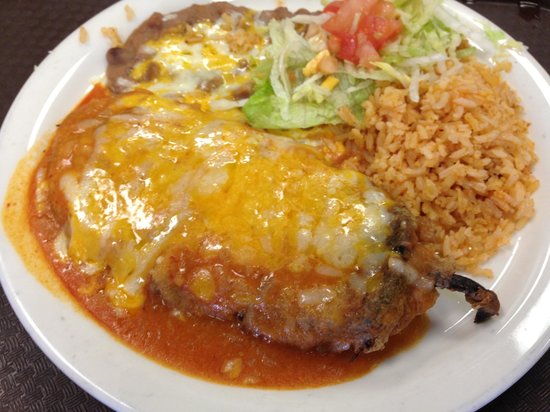Huey Newton and Bobby Seale founded the Black Panther Party in 1966, at the height of the civil rights movement. I read about them in the papers and saw them on the Huntley-Brinkley report almost every night, but I never dreamed they would come to Eugene.
I need to take a moment to explain about Eugene, Oregon. It was lily white. In my high school we had one black kid, one Asian kid and two Latinos. There were fifty black families in Eugene.
I never expected that we would become a center for civil rights activism.
But Huey was booked to speak at a rally at the University of Oregon.
The day of the big event, Papa went down to El Sombrero, my family’s Mexican restaurant, to open up as usual. He started a pot of coffee and put out a tray of pastries for anyone who wandered in. There was a cup next to the coffee pot for people to pay for their purchases, he was busy in the kitchen preparing for the day.
Two large black men dressed all in black with black leather jackets and black berets burst through the door. They surveyed the room, nodded to someone behind them, then in came His Imperial Majesty, Huey Newton.
Behind Huey were two more body guards.
Papa immediately recognized the famous civil rights leader. “Huey, welcome to El Sombrero.”
Huey looked at Papa with disdain. “Hey, Whitey, you got soul food here?”
Papa, being an avid supporter of the civil rights movement, choked down his anger at being treated so rudely. “No. This is a Mexican restaurant.”
“Why you got no soul food? Don’t you server blacks in here?”
‘This is a Mexican restaurant. We serve Mexican food and we serve anyone who walks through the door, including rude civil rights leaders.”
One of Huey’s body guards pulled out a chair and Huey sat at a table.
“Would you like coffee?” Papa asked.
“Yeah,” one of the bodyguards replied.
While Papa was pouring five cups of coffee, Huey spoke up again. “Man, we been subject to three hundred years of slavery. Don’t you think you owe us something for all that?”
Papa lost it. He slammed down the coffee tray on the table. “Have you ever been a cotton slave?” he challenged.
“Huh?”
“Have you ever been a cotton slave? Have you ever tended the fields, picked the cotton, dragged a hundred-pound sack of cotton behind you down the rows in hundred-degree heat?”
“Well … ah … no. I ain’t never been a slave.”
“Well, I have. When I was five-years old my daddy cut the handle off a hoe and handed it to me. He said, ‘As long as you’re going to be in the cotton fields, you might as well get some work in.”
Huey picked up his coffee cup.
“For the next eight years, I tended the fields, picked the cotton, worked along side the black laborers. I learned their language, shared in their jokes, ate their food, sang with them while they worked. I’m more of a cotton slave than you’ll ever be.”
The room, which had acquired a dozen or so onlookers by then, went deathly silent. The body guards looked to Huey, awaiting the signal to tear Papa apart. No one ever stood up to Huey Newton.
Huey looked Papa up and down. “Well, mister cotton slave, why don’t you pour yourself a cup of coffee and join us?
The room let out a collective breath. Papa grabbed a cup of coffee and took a chair.
Papa fixed Huey and his friends a Favorita dinner, a chile relleno, enchilada, beans and rice, for lunch. When Huey tried to pay, Papa compted it.
Papa offered to make Huey and his friends soul food for dinner. When they came back, he had side pork, collard greens, corn bread and okra ready for them.
Huey left Eugene with a new friend and Papa sang in the kitchen as he worked.




 RSS Feed
RSS Feed